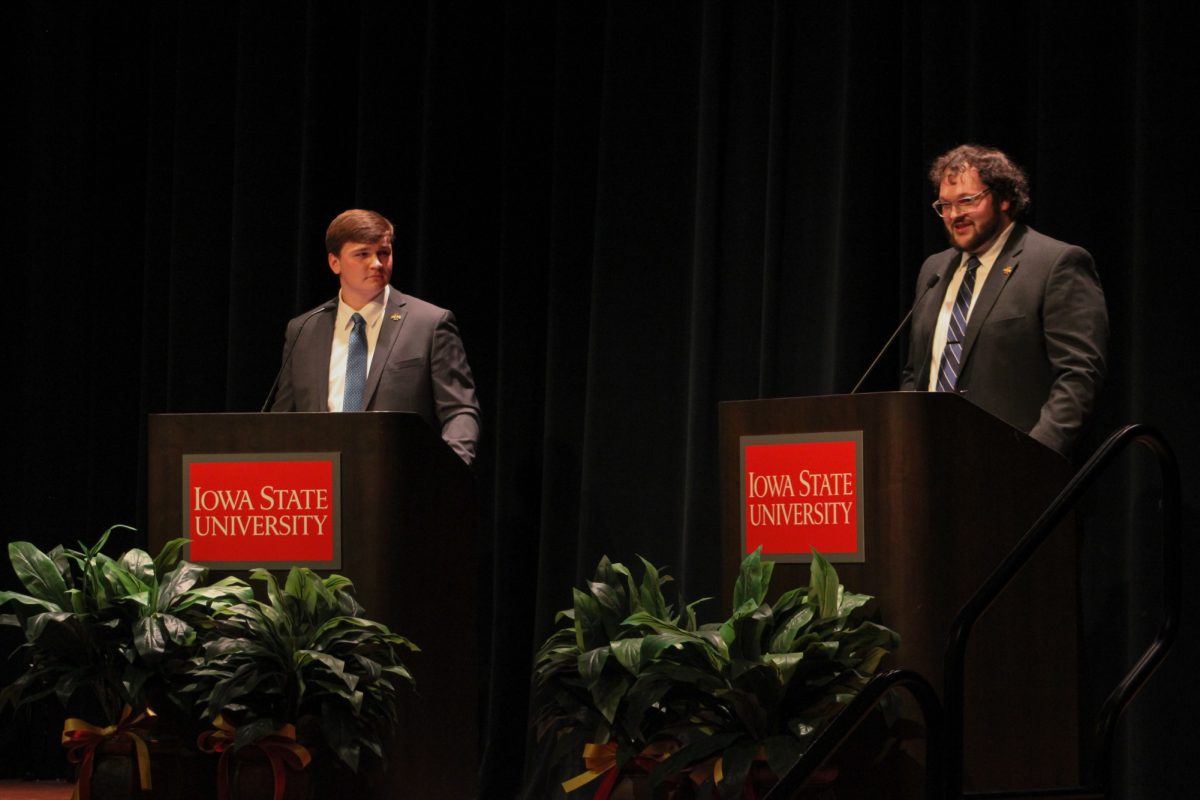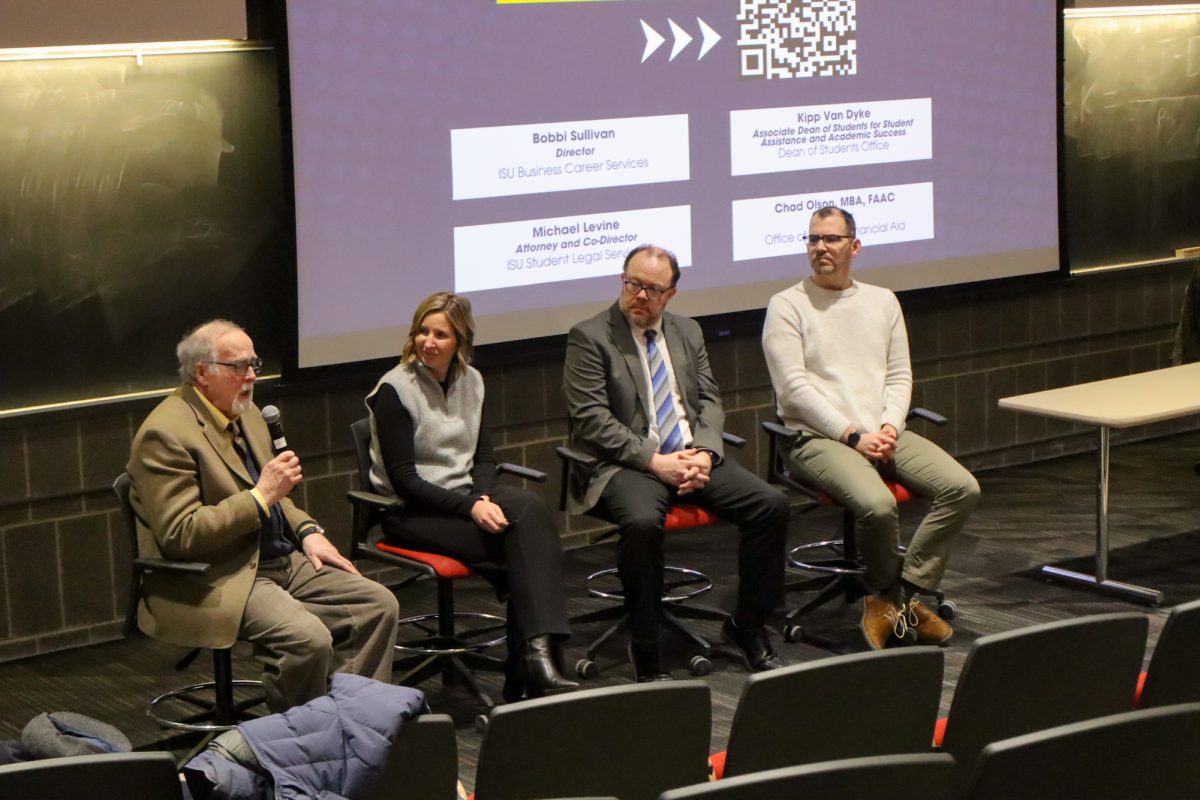Not a melting pot
December 12, 1997
I suppose for some people, words are just “… harmless words, words, words … ” to quote from Eric Evans’ letter to the editor. I, however, think that words may be used to muddle or clarify.
Thus, I’ll make my two points for the article entitled “Love — American Style” found in the “In Our Opinion” column in the Dec. 11 issue of the Daily.
First, it was written that “… love is blind. If so, then it certainly can’t see any colors.” I definitely agree that color isn’t particularly important; color, however, may be correlated with culture. My point is that “love being blind … to color” opens up the possibility of ignoring definite (cultural) differences and may lead to future problems in the relationship.
Second, it was also written in the column that “… America is supposed to be the ‘great melting pot.'”
Well, “melting pot” is an old sociological term. To be politically correct today, “salad bowl” or even “stew” is better, but I think “bread bowl” is best.
I make this distinction because a melting pot is how steel is made, steel that is basically unyielding and identical in all of its characteristics. “Salad bowl” incorporates differences, but the colors aren’t exactly correct!
When Jane Elliot came here this semester, she proposed another analogy: “bread bowl.” All breads are made of the same basic ingredients; in other words, inside, we are all alike. In actuality, you have quite a range of “bread,” from pumpernickel to rye to white to wheat to marble.
Having said my peace, I’ll summarize with these two sentences: Love may be blind to “boundaries.” The United States is supposed to be the “great bread bowl.”
J. Uche Nnadi
Senior
Economics






